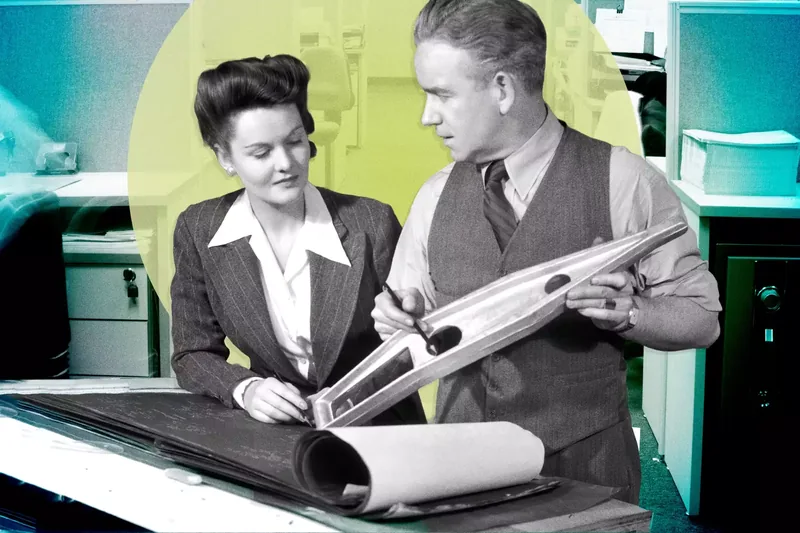The Complete Guide to Why Men Judge Their Voices
Have you ever caught yourself judging your own voice or noticed how men judge their voices in social situations? This common experience affects millions, particularly within the LGBTQ+ community, where vocal characteristics can become intertwined with identity, self-worth, and social acceptance. Understanding why men judge their voices reveals deep psychological patterns that shape how we navigate relationships, dating apps, and professional environments. In this comprehensive guide, we'll explore the science behind vocal judgment and provide actionable strategies for developing healthier vocal self-perception.
Why Voice Perception Matters
Voice judgment isn't just about sound—it's about identity. When men judge their voices, they're often responding to internalized messages about masculinity, belonging, and social acceptance. Stanford researchers note that vocal characteristics become psychological markers that influence everything from first impressions to long-term relationships.
This phenomenon extends beyond personal preference. Harvard studies from 2024 indicate that voice-related anxiety can impact career advancement, social confidence, and mental wellbeing. The way men judge their voices often reflects broader societal expectations about gender expression and authenticity.
The Psychology Behind Vocal Judgment
Why Men Judge Voices Unconsciously
Many individuals unconsciously modify their speech patterns to align with perceived masculine ideals. This automatic adjustment stems from early socialization where certain vocal qualities become associated with strength, authority, and desirability. The internal critic develops long before we recognize its influence.
Research shows that 58% of LGBTQ+ adults report vocal dissatisfaction, highlighting how common these concerns are. When men judge their voices harshly, they're often responding to childhood messages about what constitutes "acceptable" masculinity rather than objective vocal quality.
"Not liking how we sound is criticizing a very core aspect of ourselves. Bringing awareness to where that criticism comes from is the first step toward healing."
How Early Messages Shape Voice Perception
The Masculinity Blueprint
From childhood, boys receive narrow definitions of masculinity: be tough, stoic, athletic. Those who don't naturally fit this mold often develop vocal anxiety, fearing their voice might reveal they're "less than" the masculine ideal. These early lessons become internalized standards that men use to judge their voices throughout life.
Three common childhood messages that affect vocal perception:
- Emotional expression equals weakness
- Higher-pitched voices lack authority
- Certain speech patterns are "feminine" and therefore undesirable
The Internalization Process
As one client shared: "I didn't realize I was lowering my voice during business meetings until a colleague pointed it out. I'd been doing it automatically for years." This example shows how unconscious vocal modulation becomes a survival strategy in environments where fitting in feels necessary.
The Dating App Dynamic
"Masc for Masc" Culture
Dating platforms like Grindr and Hinge have amplified how men judge their voices through profile descriptions and voice note features. The "masc for masc" preference, while valid personally, reinforces the idea that certain vocal qualities are more desirable than others.
Dating app realities that affect vocal confidence:
- Voice notes becoming dealbreakers
- Profile preferences emphasizing "deep voices"
- The pressure to perform vocal masculinity
The Authenticity Gap
When men judge their voices to fit dating app expectations, they create what psychologists call an "authenticity gap"—the distance between their natural expression and performed identity. This gap generates psychological stress and can undermine genuine connection.
Breaking Free From Vocal Judgment
Recognizing Automatic Patterns
The first step in changing how men judge their voices is noticing the automatic thoughts and adjustments. Do you soften your voice in certain situations? Do you avoid speaking up when you fear judgment? Awareness creates choice where there was only automatic reaction.
Redefining Masculinity
True masculinity isn't about vocal pitch or speech patterns—it's about authenticity, strength in vulnerability, and self-definition. As one man discovered: "I spent years trying to sound 'straight' until I realized my voice was part of my story, not something to hide."
Practical Steps for Vocal Acceptance
The 30-Day Vocal Journal Challenge
- Week 1: Observation - Simply notice when you judge your voice without trying to change anything
- Week 2: Pattern Recognition - Identify situations that trigger vocal self-criticism
- Week 3: Compassion Practice - Respond to judgment with understanding rather than shame
- Week 4: Authentic Expression - Gradually allow more natural vocal expression in low-risk environments
Building Vocal Confidence
Three proven techniques:
- Voice recording exercises to desensitize self-judgment
- Mindfulness practices during conversation
- Gradual exposure to using your natural voice in various settings
"Each act of self-recognition, each acknowledgment of a part of ourselves we were taught to hide, brings us closer to authentic expression."
Common Pitfalls to Avoid
The Comparison Trap
Comparing your voice to others—whether celebrities, friends, or dating app matches—fuels dissatisfaction. Remember that vocal diversity exists across all genders and sexual orientations.
The Overnight Expectation
Changing how men judge their voices takes time. Unlearning decades of social conditioning doesn't happen instantly. Celebrate small victories in vocal self-acceptance.
The Perfection Myth
No one has a "perfect" voice. The goal isn't to achieve some ideal sound but to develop a peaceful relationship with your natural vocal expression.
Next Steps Toward Vocal Freedom
If you recognize yourself in these patterns of how men judge their voices, remember that awareness is the foundation of change. Start with one small step today—perhaps recording a voice note to yourself without judgment or noticing when vocal anxiety arises without acting on it.
Your voice is your story. It carries your experiences, your personality, and your unique perspective. Learning to appreciate rather than judge this fundamental aspect of yourself opens doors to deeper self-acceptance and more authentic connections with others.
The journey toward vocal self-acceptance begins with a single decision: to question the standards you've internalized and discover what your voice means to you, beyond anyone else's expectations.









